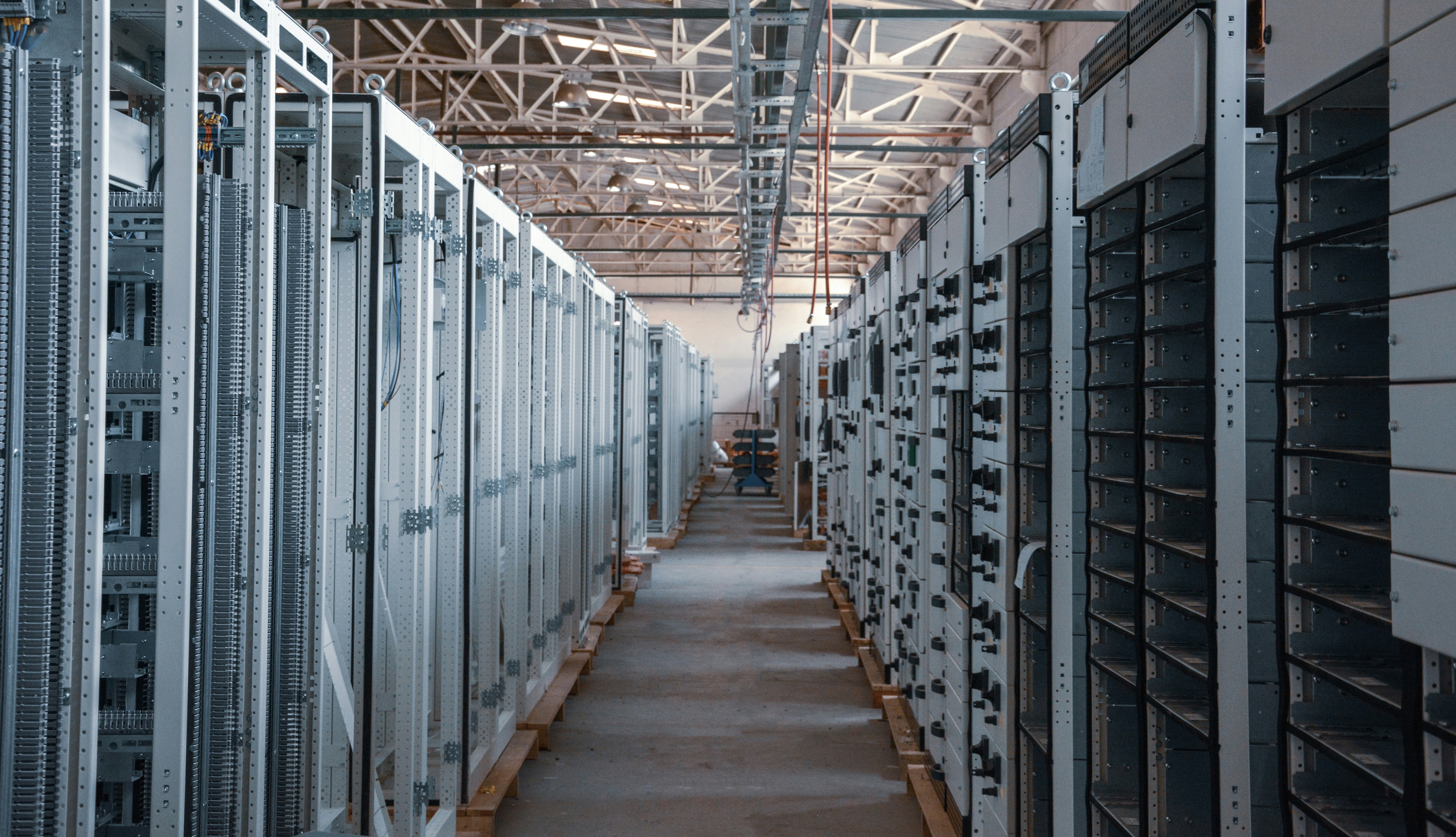.jpg)
Why the Shift to Clean Energy Matters
Every day, the world burns oil, coal, and gas to keep lights on, cars moving, and factories running.
But with every barrel of oil and ton of coal, we pay more than just the energy bill.
We pay with hotter heatwaves, stronger storms, dirtier air, and rising health problems.
That is why the move to renewable energy matters so much.
It is not just about climate change. It is about cleaner air, energy security, stable costs, and the kind of future we want to live in.
The Pollution Problem
Fossil fuels are the leading source of greenhouse gases.
They also pollute the air in ways we can feel in our lungs and see on our skylines.
In July 2023, New York City recorded its worst air quality day in decades due to smoke drifting south from Canadian wildfires — a crisis fueled by warming temperatures and dry forests.
Children, seniors, and people with asthma were told to stay inside for days. Schools canceled recess. Hospitals saw a spike in respiratory visits.
Clean energy reduces these risks. When coal plants in the Chicago area were shut down in 2022, local asthma-related ER visits dropped significantly in nearby neighborhoods.
Cleaner energy means cleaner skies — and fewer days when the air outside feels dangerous to breathe.
Clean Water, Too
Coal and oil do not just pollute the air. They threaten our water too.
In 2023, residents in East Palestine, Ohio faced contaminated water fears after a train carrying chemicals used in fossil fuel production derailed and exploded, releasing toxins into the local environment.
While not an energy plant, the accident highlights how fossil fuel infrastructure can put entire communities at risk.
By comparison, wind turbines and solar farms use very little water and do not release harmful byproducts into the soil or waterways.
In California’s Central Valley, solar installations have helped reduce strain on the already overused water supply, freeing up groundwater for farms and drinking water during extended drought.
Stronger and Safer Energy Systems
Energy security is more than keeping the lights on. It is about national stability.
After Russia invaded Ukraine in 2022, European countries scrambled to replace natural gas imports that had powered their economies for years.
Households across Germany, Poland, and the UK faced record-high heating costs. Some even burned wood in their homes to stay warm.
Meanwhile, Portugal and Spain — which had already invested heavily in solar and wind — kept electricity prices relatively stable.
In the United States, a growing number of towns and cities are turning to microgrids and solar backup systems to stay online during storms and blackouts.
In Puerto Rico, after repeated power outages following Hurricane Fiona in 2022, thousands of residents began installing rooftop solar with battery storage to take control of their energy future.
Stable Prices in an Unstable World
Fossil fuel prices are tied to geopolitics. When there is conflict or disruption, prices spike.
In 2022, gas prices in the United States surged past 5 dollars per gallon during the summer — the highest on record at the time — driven by post-pandemic demand and the war in Ukraine.
In contrast, renewable energy offers long-term price stability.
Once solar panels or wind turbines are installed, the energy they produce is practically free.
In states like Texas and Iowa, where wind energy plays a major role, electricity prices during peak production hours have even dropped to near zero on some days.
In Hawaii, homeowners who added rooftop solar in 2023 saved an average of 150 dollars per month on their energy bills — a major relief in a state with some of the nation’s highest electricity rates.
The Future We Can Build
The benefits of clean energy are not abstract. They are real, local, and already making a difference.
Cleaner air. Safer water. Lower bills. Stronger communities.
But getting there will take time and effort.
It means investing in infrastructure, training new workers, updating the grid, and expanding access, especially in low-income areas and communities of color that are often left behind.
It means supporting policies that make clean energy more affordable for renters and homeowners alike.
And it means recognizing that every solar panel and every wind turbine is a step toward something better.
A future where fewer children grow up with asthma. Where families do not panic over their utility bills. Where blackouts and boil-water notices are no longer expected.
We have the technology. We have the momentum. Now we need the will.


